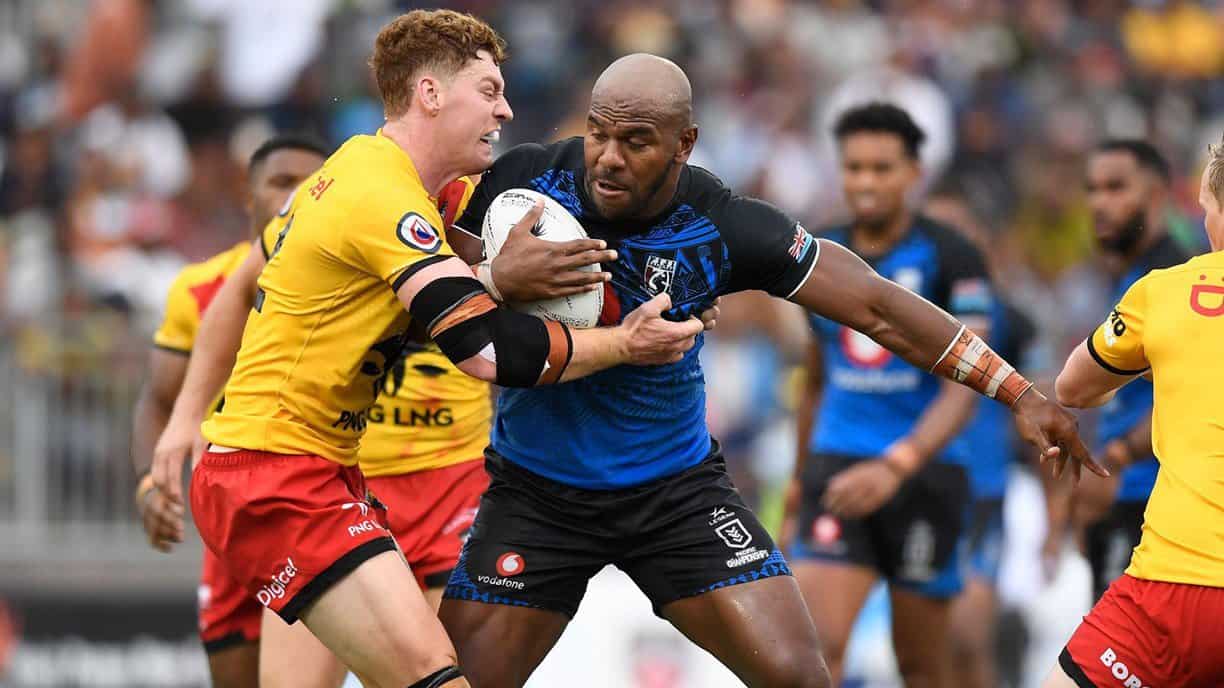An academic and researcher says different agendas are at play with Australia’s support of Papua New Guinea’s push to have a team in the National Rugby League (NRL).
Institute of National Affairs executive director Paul Barker said this when commenting on the PNG NRL Bid and its aspirations to be included in the Australian Rugby League’s largest and most lucrative competition as the 19th team in 2028.
“Sport is very popular in PNG but rugby league is the most popular sport for most of the population, both as a pursuit and particularly as a spectator sport. PNG is passionate about rugby league with the interest in NRL, State of Origin,” Barker said of PNG’s likely inclusion in the NRL.
“Many Papua New Guineans will relish a PNG team being added to the Australian league, regardless of the apparent opportunity cost over the use of these public funds. They see it as a unifying force, providing aspirational opportunities for young people, many lacking jobs and opportunities and causing trouble in towns and cities. They see RFL-related roll out, coaching and teams building up on the back of this initiative, and adding meaning and engagement for young people, as well as building up closer sport-led engagement and sports tourism between PNG and Australia going forward.”
But Barker, who normally comments on the national economy and the impact of industries and other sectors of the country, said there were many practical questions that had not been properly answered.
“Others, including ardent rugby league supporters are more sanguine, wondering where this team would actually be based, whether matches would actually be held in Moresby and whether, as a competitive commercial team, its players would be Papua New Guineans or not, and wonder why the focus isn’t on building up the existing Hunters team and the national team, the Kumuls, and of course also the women’s game.
“Others emphasise that PNG men and women are and can achieve great things in a range of sports and athletics, from swimming to weightlifting, cricket to volleyball and union, attuned to different people’s physiques, talents and interests, if given more support facilities and coaching, while those in the arts repeatedly remind us of the lack of public support for music and arts, for which Papua New Guineans have so much talent and history, and which also forms the basis of great potential employment.
“Clearly, Australia has a comparative advantage with respect to engagement over RFL, and leaders seem to engage over it very readily, and it can be argued that spreading oneself too thinly can reduce impact and raise overheads. “Nevertheless, one would like to see this engagement go well beyond this team in the Australian league, to relatedly support for health and nutrition, healthy food and diet and sport for all in schools, to building up domestic sports training facilities, including the NSI (National Sports Institute) as a higher altitude training facility and ensuring a gender balance in this major commitment to sport for PNG, rather than undue focus on just rugby league as a commercial spectator activity,” he said.
